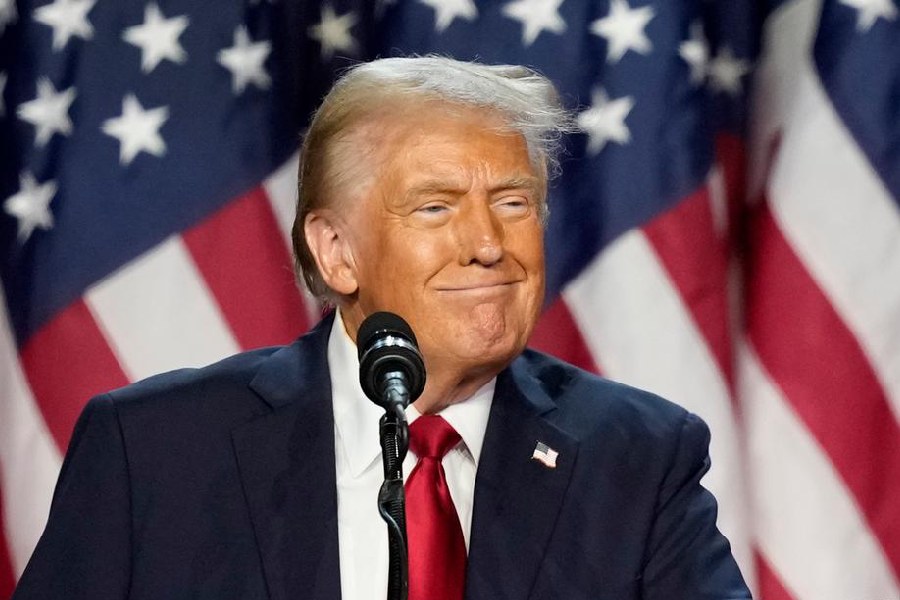The prompt call by Indian prime minister, Narendra Modi, to Donald Trump to congratulate him on his dramatic re-election as president of the United States of America was reflective of both hope and anxiety in New Delhi over the imminent change in leadership in Washington. During his first term in office, Mr Trump had forged a strong personal relationship with Mr Modi; both leaders describe each other as friends. While India and the US have worked closely over the past four years under President Joe Biden, New Delhi did bristle on occasion at Washington’s suggestions that it was not doing enough to protect the rights of minorities and other vulnerable communities under Mr Modi’s watch. More recently, the US has expressed concerns over alleged assassination attempts by Indian spies on its territory, echoing criticism that India has also faced from Canada. Mr Trump has made it clear — including during his first stint in power — that he does not view the US as a global policeman; so New Delhi’s troubles with Washington on some of these niggles should ease up once he enters office in January.
An American administration led by Mr Trump could also see closer alignment between the two democracies on geopolitical priorities. Like India, Mr Trump views China as a principal rival and threat and his win strengthens the prospects of greater strategic and economic cooperation between Washington and New Delhi aimed at countering Beijing. Mr Trump’s desire to push for a quick end to the war in Ukraine and for better ties with Russia also fit in neatly with India’s foreign policy goals. Since Russia’s full-fledged invasion of Ukraine in 2022, India has faced consistent pressure from the US and its Western allies to weaken its ties with Moscow. That is likely to change under Mr Trump.
But not everything is expected to be necessarily rosy in the India-US relationship and India will need to manage the speed bumps that have been part of Mr Trump’s previous stint in the presidential office. For one, Mr Trump has already announced that he plans to impose tariffs on imports from India; he has specifically accused India of exploiting globalisation to its advantage. To be clear, he has said that he intends to erect even higher trade barriers for imports from China — a situation that could work in New Delhi’s favour by incentivising export-oriented industries focussed on the US market to shift to India with its added offer of cheap labour. But tariffs on Indian exports will be disruptive for the country’s companies. Overall, Mr Trump’s tariff policies will also likely push foreign investment out of emerging markets and back into the US, thereby strengthening the US dollar against currencies like the Indian rupee. That would be bad news, not least for the Indian stock market and the millions of citizens who have invested there. Mitigating these risks will be the biggest foreign policy and economic challenge for New Delhi with Mr Trump. India will know soon whether Mr Modi’s rapport with Mr Trump is of any use.











